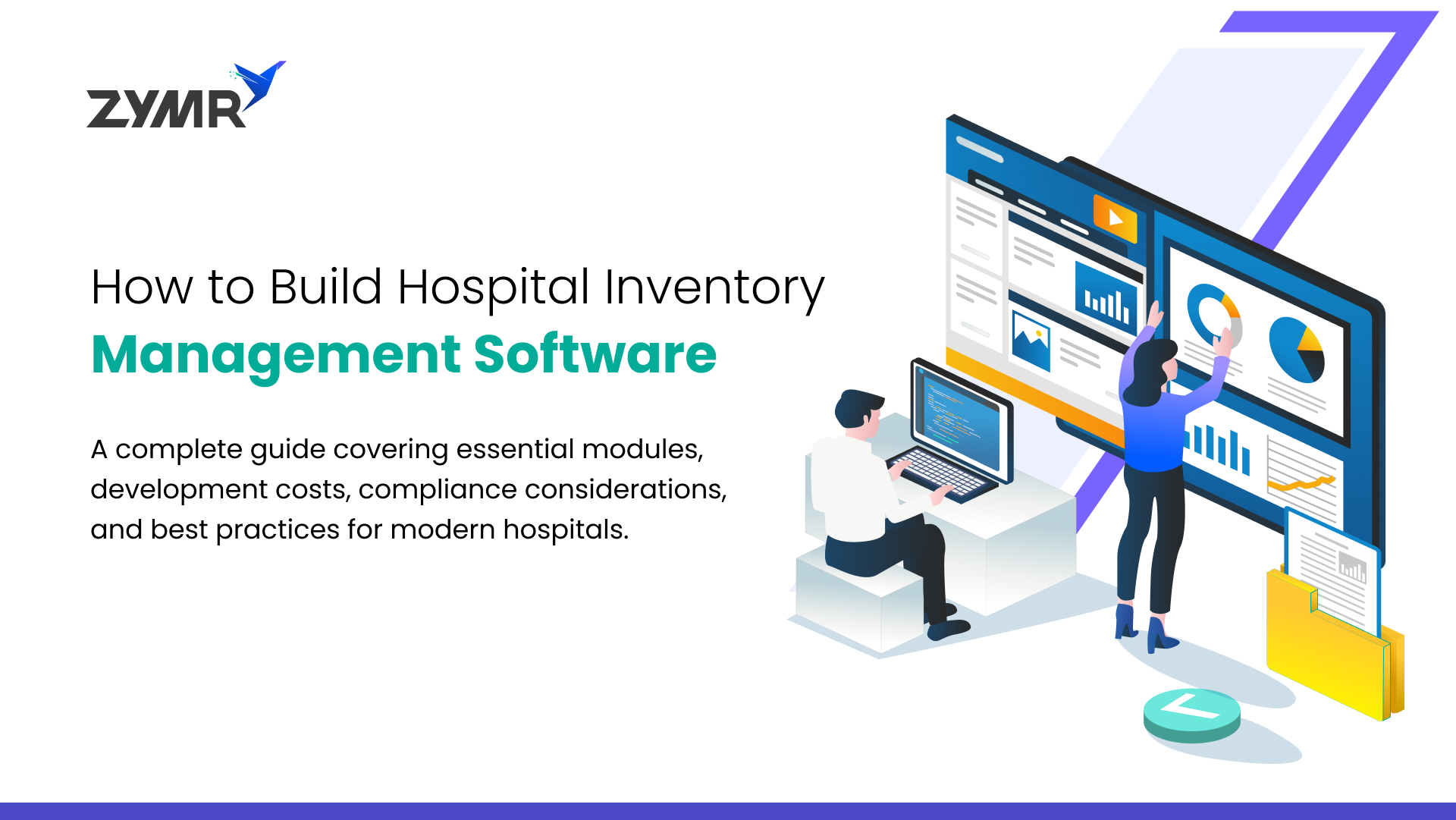In the current business ecosystem, enterprises are frequently subjected to unforeseen challenges in the market. Despite having proposed a phenomenal concept of mobile application, as an entrepreneur, you need to be able to match the unanticipated eventualities when it comes to launching fresh technologies. Your concerns over the practicability of your app concept and how smooth it performs with the target audience and against the market competitors are quite natural. Building a futuristic mobile application is undoubtedly an expensive affair. Dealing with the constantly changing user demands is often challenging, which makes the development of a highly progressive and empowered mobile app the need of the hour. So, where does this leave you? Well, in such a scenario, your best bet is to develop a Minimum Viable Product that mirrors the core idea of your app. It can assist you in validating the concept of your mobile application from your targeted list of end-users. A minimum viable product carries limited functionalities, which makes the price ratio quite economical. Moreover, just the core set of attributes are needed to develop an MVP. And what’s the best platform to build your MVP? React Native. While there are plenty of frameworks available for MVP development, react native is the best choice because it saves time, effort, and money, thus offering minimum investment for the development of MVP. This blog explores MVP and React Native individually and collectively and answers all your questions to help you make the right choice for your next project!
MVP acts as a great starting point for your mobile application by solving users’ core purpose, providing a value proposition, and building trust and confidence. For a smart entrepreneur, MVP is one of the most preferred ways to develop an app. In fact, MVP is the shortest route to accomplish your idea into execution. You can focus on core functionalities that aim to solve the pain points of the end-users. Getting started with the quintessential features and then adding the features that further fine-tune the app.
How MVP Approach Can Help You:
- Quick market entry
- Curb development cost
- Improve time-to-market
- Attract more stakeholders
- Minimize development time
- Strengthen business cases
- Manage resources efficiently
- Solidify your security approach
- Understand users’ expectations
- Improve app’s functionality
- Better user experience and engagement
MVP Development Suggestions:
- The MVP must have a purpose and goal
- Essential functionalities should be included
- Development time and cost should be less
- The value should not be compromised
Why React Native?
React Native framework is deployed by a company for cross-platform mobile app development to build feature-loaded native and hybrid apps. The features and tools of React Native allow you to develop mobile apps at robust speed and in a low budget. Launch and validate the apps quickly with faster development and time to market. React Native provides compatibility of 3rd Party Plugins, and can transform web projects into a mobile decision, and offers smoother running.
React Native framework:
- Single code case - iOS and Android
- Cost-effectiveness
- UI focused
- Get optimal performance
- Hot reloading support
- Modular architecture
- Simplified user interface
- Third-party plugins support
- Handy solutions and libraries
- Large community support
- Access to Native API
Benefits of React Native:
- Increased productivity
- Faster Development
- Adaptable to Changes
- Huge Community support
- Great UX and Animation
- Cost-Effective Solution
- Optimal Performance
- Clean & Better Coding
- Pre-loaded Elements
- Flexible Development
How a Company is benefited Using React Native for MVP App Development?
Code Reusability
Benefit - Faster cross-platform development
React Native framework can be your best bet if you want to develop a low budget MVP product. With the same codebase, you can build both React Native iOS and Android apps. Code reusability offers unmatched convenience to enterprises. With React Native as the platform for MVP app development, there is no need to develop codes separately for different platforms. As 90% of the code in React Native may be reused for both Android and iOS, the codes written for web apps in React can be reused to build mobile apps.
Suitability
Benefit - Exquisite user experience
React Native is preferred for an app’s elementary MVP version as you can write codes in plain JavaScript. The framework provides components and state models that create both logic and interface. You can experience a seamless and user-centric mobile experience as React Native offers a truly native experience for each platform. React Native not only develops superior MVP but it can also scale the app at later stages by adding more features and design attributes.
Hot & Live Reloading
Benefit - High-performance framework
Hot & Live reloading provides an ability to modify the code on the fly. You can write the code and can track the changes in real-time with the goal to keep the app running. Hot reloading updated files are placed in a different place, even when the app is running. In Live Reloading, the file in which you make the modifications gets compiled again.
Community Support
Benefit - Assistance of community members
The React Native community has a lot of developers around the world, who can help you overcome the problems and disseminate updates to keep you well-informed. It has a huge collection of libraries and readymade solutions. Stay updated on what’s buzzing in the industry through official channels, reactiflux chat, forum-like groups, content sharing, discussions and proposals repository, conferences, React Native meetups and shows.
Third-Party Plugins
Benefit - Plugins Support
Native modules and JavaScript modules are two types of third-party plugins to React native. You can link plugins with third-party modules. React Native platform is flexible with customization. Add-on plugins provide a user-friendly UI with the flexibility to customize templates, any theme any time. The prominent third-party plugins for React Native are React Native Vector Icons, React Native Router Flux, React Native Selectme, React Native Modalbox, React Native Gifted Spinner, and React Native Drawer.
There is no better alternative than React Native keeping scalability, versatility and rich framework for MVP app development.
Conclusion
Get to know more about Zymr React Native App Development Services
Power your digital assets with the most user-friendly, intuitive, and interactive UX-UI design. We provide React Native services to the clients who want to build large & scalable apps with loads of data that keeps changing regularly. We offer Custom React Native UI-UX Development, React Native App Development, React Native QA and Testing, and Migration and React Native.
To know more, contact our team today!
FAQs
>
>
>
>
>
Have a specific concern bothering you?
Try our complimentary 2-week POV engagement
Our Latest Blogs

January 15, 2026
Global Healthcare Outlook 2026: Key Trends in Digital Health, AI, and Patient Safety

January 15, 2026
Top 10 Healthcare IT Services Companies Transforming Healthcare Delivery(2026)

January 15, 2026






.svg)
.svg)
.svg)
.svg)
.svg)
.svg)
